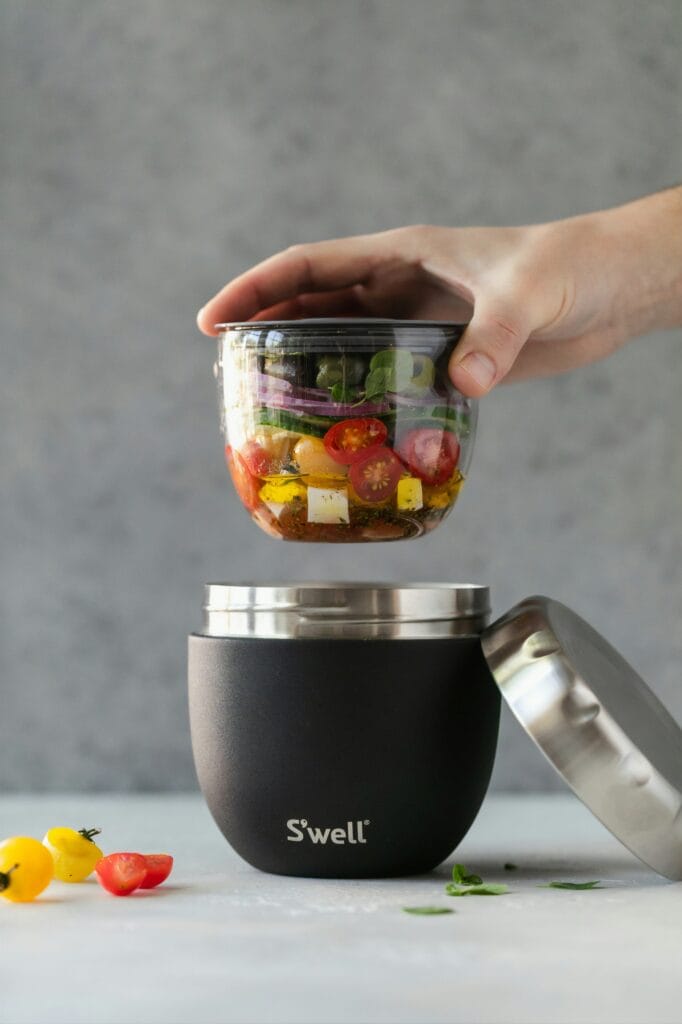Managing meal times can be a challenge for any family, but when you have children involved in sports, (and adults too) it can become even more complex. With training sessions, matches, and tournaments often occurring at different times, ensuring your family eats healthy, balanced meals can feel like a juggling act. This guide provides practical tips for juggling meal times with sporting families, helping you to keep everyone well-fed and energised. An important thing to remember is that from the outside looking in this will look unconventional to other people – but this is your family and your juggle and therefore others’ opinions are irrelevant.

Understanding the Challenges
Sporting families face unique challenges when it comes to meal planning. Busy schedules, varying energy needs, and the importance of nutrition for athletic performance all play a part. From the outside looking in, meal times may seem chaotic or unconventional, but this flexibility is essential to ensure everyone is properly fed.
1. Erratic Schedules
With different training times and matches or other events often scheduled at short notice, it can be difficult to plan meals at regular intervals. This requires flexibility and the ability to adapt quickly.
2. Nutritional Needs
Athletic children have higher energy and nutritional needs, which can be challenging to meet consistently. Meals need to be balanced and timed appropriately to fuel performance and recovery.
3. Limited Time

Parents often have to manage their own work schedules alongside their children’s sports commitments, leaving limited time for meal preparation and cooking.
Planning Ahead
1. Create a Weekly Meal Plan
Planning meals in advance can save time and reduce stress. At the start of each week, create a meal plan that fits around training sessions and matches. Include a variety of nutritious meals that provide the energy needed for sports.
2. Prep in Batches
Batch cooking can be a lifesaver for busy families. Prepare large quantities of meals like curries, casseroles, and pasta dishes that can be easily reheated. Portion them out and store them in the fridge or freezer for quick, healthy meals.
3. Use a Family Calendar
Keep track of everyone’s schedules with a family calendar. Include all training sessions, matches, and other commitments. This will help you identify the best times for family meals and plan accordingly.
Quick and Nutritious Meals
1. Healthy Snacks
Keep a selection of healthy snacks on hand for pre- and post-training fuel. Options like fruit, nuts, yoghurt, and whole-grain crackers are convenient and nutritious.
2. Smoothies and Shakes
Smoothies and protein shakes are quick to prepare and can be tailored to meet nutritional needs. Include fruits, vegetables, protein powder, and healthy fats to create balanced, energy-boosting drinks.
3. One-Pot Meals

One-pot meals, such as stews, stir-fries, and sheet-pan dinners, are quick to prepare and minimise cleanup. They can also be packed with a variety of nutrients essential for active kids.
Balanced Nutrition
1. Carbohydrates for Energy
Carbohydrates are a key energy source for active children. Include whole grains, fruits, and vegetables in meals to provide sustained energy for training and competition.
2. Protein for Muscle Repair
Protein is essential for muscle repair and growth. Ensure each meal includes a source of lean protein, such as chicken, fish, beans, or tofu.
3. Hydration
Staying hydrated is crucial for athletic performance. Encourage your children to drink water throughout the day, and consider providing electrolyte drinks during training sessions or hot weather as water alone will not be enough.
Flexible Meal Times
1. Adjustable Eating Schedules
Be flexible with meal times to accommodate training sessions and matches. If dinner needs to be early or late, ensure snacks are available to keep energy levels up.
2. Portable Meals
For days when eating at home isn’t possible, prepare portable meals. Wraps, sandwiches, pasta and salads can be packed and eaten on the go, ensuring your children still get the nutrition they need.
Involving the Family
1. Get Everyone Involved
Encourage all family members to participate in meal planning and preparation. This can make the process more enjoyable and less burdensome for one person.
2. Teach Cooking Skills
Teaching children basic cooking skills not only helps with meal preparation but also promotes independence and healthy eating habits.
Final Thoughts
Juggling meal times with a sporting family requires planning, flexibility, and a focus on nutrition. By creating a weekly meal plan, preparing quick and nutritious meals, and involving the whole family in the process, you can ensure your active children get the fuel they need to perform their best. Remember, the key is to stay organised and adaptable, making meal times a manageable and enjoyable part of your family’s busy schedule.
From the outside, meal times might seem chaotic or unconventional, but for sporting families, this is often what’s required to keep everyone healthy and energised. Embrace the flexibility and enjoy the benefits of a well-fed, active family. Whilst others may see your family as unconventional, your ability to fit food around the day not the day around food will serve you well in other areas of life such as during holidays when you have things you want to see and do.



1 comment
This guide is full of practical solutions for keeping meal times on track with a busy schedule! I love the idea of preparing meals in advance and using a slow cooker to save time during hectic evenings. It’s definitely a game-changer for families with packed schedules.
For those managing similar routines, what meal-planning tips have helped keep your family fueled and happy? Are there any go-to recipes that are both quick and nutritious?